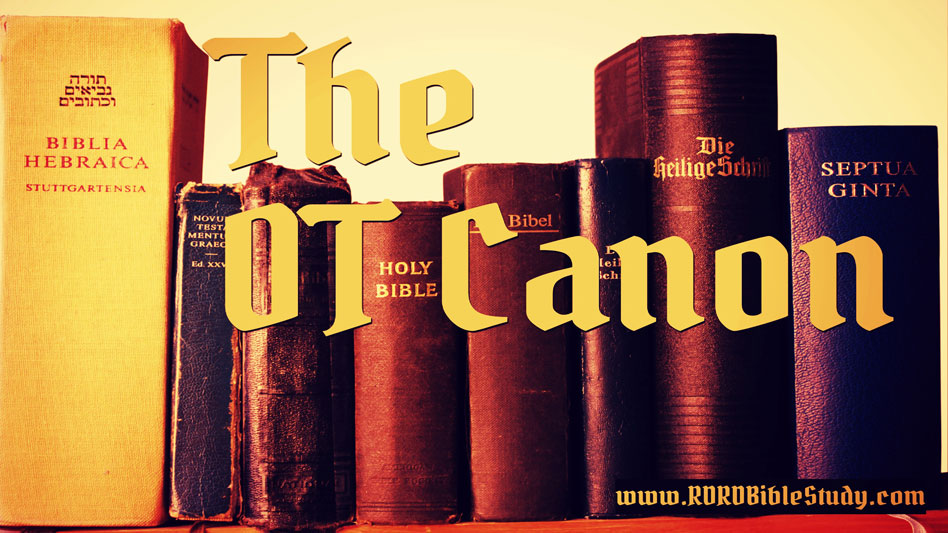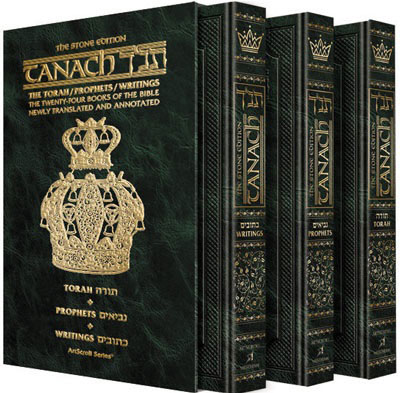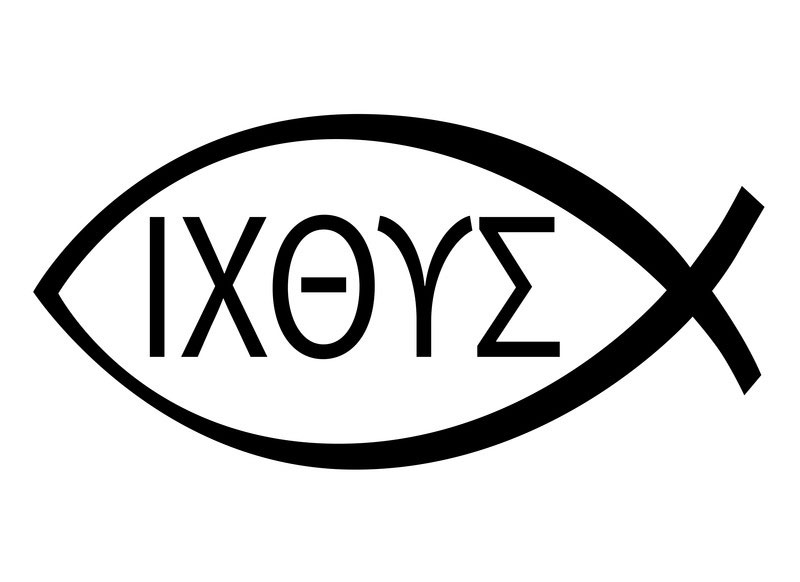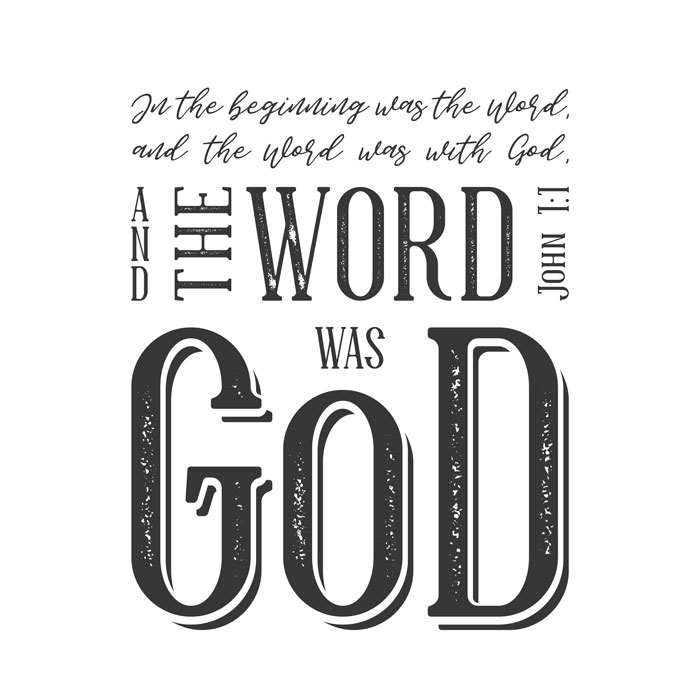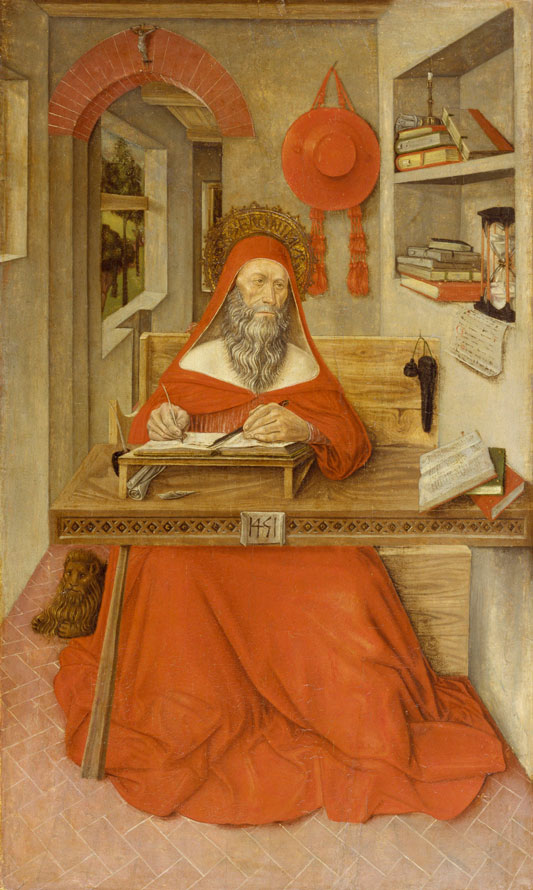The OT Canon
Throughout the ages Jews, and later Christians, have held the books of the OT to be authoritative Scripture, i.e. God’s Word. The list of these authoritative sacred texts are called a “canon.” If you are pondering over exactly what “canon” means, no problem! RDRD Bible Study has it all right here in the creatively titled post What Exactly Does “Canon” Mean?
The Hebrew and Protestant OT Canons both contain the identical 39 books, but the books are in a different order. The Catholic and Greek Orthodox OT Canons contain the same 39 books, along with writings from AD 1 – 3.
The Hebrew Canon
The Hebrew Canon is the Hebrew OT. Down through the ages Jews, and later Christians, have held these books as authoritative Scripture, i.e. God’s Word.
Notice that the Hebrew Bible has 3 major divisions:
Hebrew Tanach (sometimes written Tanak or TNK) with the three divisions inscribed on front – Torah, Neviim, Kethuvim
- Torah – The Law
- Nevi’im – The Prophets
- Kethuvim – The Writings
Torah – The Law
Genesis
Exodus
Leviticus
Numbers
Deuteronomy
Nevi’im – The Prophets
Joshua
Judges
Samuel (1 & 2)
Kings (1 & 2)
Isaiah
Jeremiah
Ezekiel
The Minor Prophets
Hosea
Joel
Amos
Obadiah
Jonah
Micah
Nahum
Habakkuk
Zephaniah
Haggai
Zechariah
Malachi
Kethuvim – The Writings
Psalms
Proverbs
Job
Song of Songs
Ruth
Lamentations
Ecclesiastes
Esther
Daniel
Ezra-Nehemiah
Chronicles
Did you notice there is one Kings, instead of a 1 Kings and 2 Kings. Likewise for Samuel and Chronicles. Samuel, Kings, and Chronicles are 1 book each. It is believed that, due to their size, they had to be written on 2 scrolls, thus the 1 & 2 were added later.
The Hebrew Bible has 24 books. This is the same 39 books found in other OT Canons (not including the Apocrypha). As noted earlier, Samuel, Kings, and Chronicles count as 1 book each. In addition, the 12 Minor Prophets are considered 1 book, and so are Ezra and Nehemiah.
Taking the first letter of each division—T-N-K—renders Tanak (pronounced ta-nack), normally transliterated Tanach. The Jewish Publication Society’s OT is transliterated as Tanakh.
These divisions are important for both OT and NT Study. Look at what Jesus said to the disciples when he appeared to them after the Resurrection:
Then he said to them, “These are my words that I spoke to you while I was still with you, that everything written about me in the Law of Moses and the Prophets and the Psalms must be fulfilled.” Luke 24:44
Jesus Himself is referring to the threefold division of the Hebrew OT:
- Law of Moses – Torah
- Prophets – Nevi’im
- Psalms – Kethuvim; Because Psalms is the first and largest book of this section, it is often used to refer to the entire section collectively.
Moreover, Jesus says “that everything written about me in the…” T, N, K, “must be fulfilled.” The entire OT points to the Christ. The OT is God’s Word to humanity (the Jewish people are the conduits of the Word of God, both the written Word and the Word made flesh, Gen. 12:2-3, Isaiah 53, et al.). All the OT laws, prophecies, and promises point to Jesus.
Christians believe the NT, which describes the life and ministry of Jesus Christ, His teachings, and the life of the early church, is a continuation of the OT.
The Greek OT – The Septuagint
Notice that the order of the Hebrew Canon is different than the English Bible. The OT used by Christianity, follows the order of the Greek OT, The Septuagint.
The Septuagint also contains books known collectively as Apocrypha, from the Greek word άπόκρυφος meaning “hidden.” For example:
“For nothing is hidden except to be made manifest; nor is anything secret except to come to light” (Mark 4:22).
Jerome, 347-420 A.D., the great theologian best known for translating the Bible into the Latin Vulgate, coined the term Apocrypha to indicate books after Malachi, but before Christ. Since the Septuagint was used by the early church, both the Catholic and Greek Orthodox Canons retained these writings, though slight variations exist.
Septuagint**
Genesis
Exodus
Leviticus
Numbers
Deuteronomy
Joshua
Judges
Ruth
1 Reigns Kings (1 Samuel)
2 Kings (2 Samuel)
3 Kings (1 Kings)
4 Kings (2 Kings)
1 Supplements Chronicles
2 Chronicles
*1 Esdras
Ezra (**2 Esdras)
Nehemiah
Esther
*Judith
*Tobit
*1 Maccabees
*2 Maccabees
*3 Maccabees
*4 Maccabees
Psalms
Prayer of Manasseh
Proverbs
Ecclesiastes
Song of Songs
Job
*Wisdom of Solomon
*Wisdom of Sirach (Wisdom of Ben Sira, Ecclesiasticus)
*Psalms of Solomon
Hosea
Amos
Micah
Joel
Obadiah
Jonah
Nahum
Habakkuk
Zephaniah
Haggai
Zechariah
Malachi
Isaiah
Jeremiah
*Baruch
Lamentations of Jeremiah
*Letter of Jeremiah
Ezekiel
*Susanna
Daniel
*Bel and the Dragon
*Apocrypha included in the Septuagint
**according to NETS, New English Translation of the Septuagint
OT Canons of the Major Divisions of Christianity
The three major divisions of Christianity
- Protestant
- Catholic
- Greek Orthodox
each have an OT Canon.
The history and development of the canons are quite complex. The purpose here is not to argue which canon is correct, but simply to list the canons, and state a few facts about each.
The following lists are the OT books deemed canonical by each major Christian tradition.
Protestant
Genesis
Exodus
Leviticus
Numbers
Deuteronomy
Joshua
Judges
Ruth
1 Samuel
2 Samuel
1 Kings
2 Kings
1 Chronicles
2 Chronicles
Ezra
Nehemiah
Esther
Job
Psalms
Proverbs
Ecclesiastes
Song of Songs
Isaiah
Jeremiah
Lamentations
Ezekiel
Daniel
Hosea
Joel
Amos
Obadiah
Jonah
Micah
Nahum
Habakkuk
Zephaniah
Haggai
Zechariah
Malachi
As stated earlier, the Protestant OT contains 39 books. The order is based on the Septuagint which had a large influence on early Christian communities.
Latin Vulgate – Catholic
St. Jerome at his desk.
Genesis
Exodus
Leviticus
Numbers
Deuteronomy
Joshua
Judges
Ruth
1 Samuel
2 Samuel
1 Kings
2 Kings
1 Chronicles
2 Chronicles
*Prayer of Manasseh
*1 Esdras
*2 Esdras
Ezra
Nehemiah
*Tobit
*Judith
Esther (+*additions)
*1 Maccabees
*2 Maccabees
Job
Psalms
Proverbs
Ecclesiastes
Song of Songs
*Book of Wisdom (Wisdom of Solomon)
*Book of Ben Sira (Ecclesiasticus)
Isaiah
Jeremiah
Lamentations
*Baruch
*Epistle of Jeremiah
Ezekiel
Daniel (+*Song of the Three Children, *Story of Susanna, *Bel and the Dragon)
Hosea
Joel
Obadiah
Jonah
Micah
Nahum
Habakkuk
Zephaniah
Haggai
Zechariah
Malachi
*Apocrypha
The Council of Trent in 1546, at its 4th session, reacted to the Reformation by endorsing 12 apocryphal books into the Roman Catholic Canon. A list of Scriptures, which included the 12, was actually found approximately 1000 years earlier in the 6th century pseudo-Gelasian decree.
This pseudo-Gelasian decree, traditionally attributed to Pope Gelasius I, bishop of Rome AD 492-496, actually originated from the work of an anonymous scholar writing during 519-533. The 2nd chapter of this work contains a list of Scriptures, matching both a list from the Council of Rome under Pope Damasus I, 366-383 and the Council of Carthage Canon 24, AD 419.
Jerome, AD 347-420, the great theologian best known for his translation of the Bible into the Latin Vulgate, made a stern distinction between the Hebrew Bible and Apocrypha. His distinction, which was held for many centuries, was obliterated by the Council of Trent.
Later Roman Catholic writers speak of the Apocrypha as “deutero-canonical,” or “second canon,” indicating authoritative but less so than the Hebrew Scriptures. This teaching, however, is contrary to the teaching of Trent.
Greek Orthodox**
Genesis
Exodus
Leviticus
Numbers
Deuteronomy
Joshua
Judges
Ruth
1 Kings (1 Samuel)
2 Kings (2 Samuel)
3 Kings (1 Kings)
4 Kings (2 Kings)
1 Chronicles
2 Chronicles
*1 Ezra (2 Esdras)
*2 Ezra (Ezra/2 Esdras)
Nehemiah
*Tobit
*Judith
Esther
*1 Maccabees
*2 Maccabees
*3 Maccabees
Psalms
Job
Proverbs
Ecclesiastes
Song of Songs
*Wisdom of Solomon
*Wisdom of Sirach (Wisdom of Ben Sira, Ecclesiasticus)
Hosea
Amos
Micah
Joel
Obadiah
Jonah
Nahum
Habakkuk
Zephaniah
Haggai
Zechariah
Malachi
Isaiah
Jeremiah
*Baruch
Lamentations of Jeremiah
*Epistle of Jeremiah
Ezekiel
Daniel
*Apocrypha
**According to the The Orthodox Study Bible Table of Contents.
Additional apocryphal books that may or may not be included in a Greek Orthodox Bible translation are:
- 1 Esdras
- Additions to Esther (may be a part of Esther and not listed separately)
- Song of the Three Children (may be a part of Daniel and not listed separately)
- Story of Susanna (may be a part of Daniel)
- Bel and the Dragon (may be a part of Daniel)
- Prayer of Manasseh
- 4 Maccabees
- Psalm 151
Additional OT Canon Information
Here is a helpful link that contains the lists of OT canons side by side. This website also contains other valuable information related to the canons of Scripture. (This site is an overall great resource for Bible Study.)
Until next time…
The grace of the Lord Jesus Christ and the love of God and the fellowship of the Holy Spirit be with you all. 2 Corinthians 13:14

